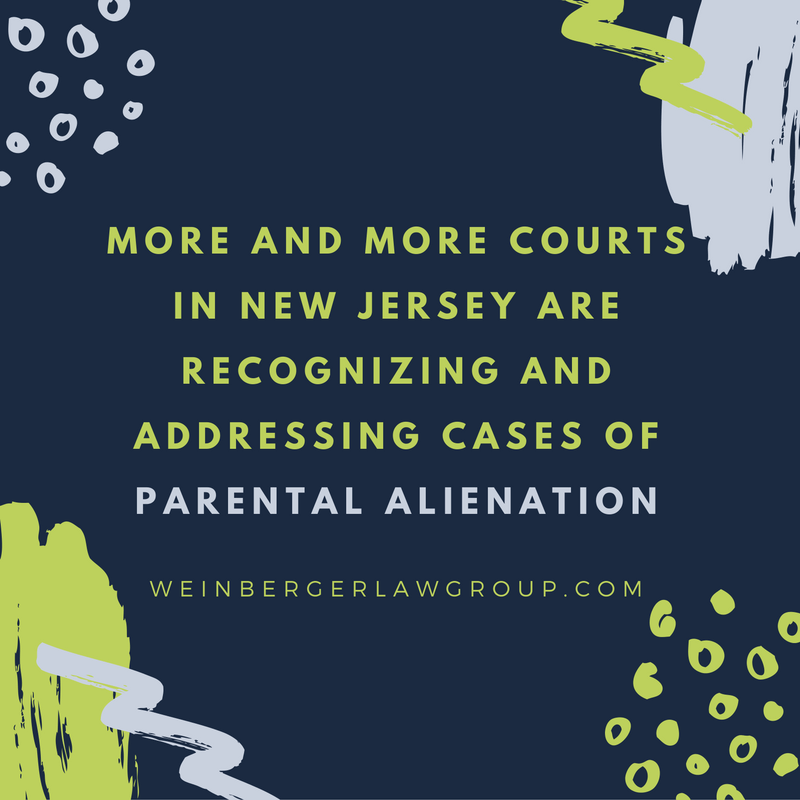How Do I Protect My Child From Parental Alienation?

Parental Alienation is a brainwashing process in which one parent tries to undermine their child’s relationship with the co-parent. Worried that your ex might be doing more than the occasional bad-mouthing slip? Here are some signs that your kids are at risk of parental alienation (PA).
Parental Alienation Behaviors
Your ex:
- Consistently bad-mouths you – and anyone close to you — to your children.
- Distorts reality (also known as gas-lighting) so that your children believe you’re dangerous, incompetent, mentally ill, or that you don’t love them.
- Manipulates your children by making them feel guilty about spending time with you, or even having anything positive to say about you.
- Interrogates your children after they return from visitation with you to look for “evidence” of wrongdoing on your part.
- Intrudes on your visitation time. Your ex calls and texts frequently, or instructs your kids to call them if they don’t like your rules in an attempt to undermine your authority.
- Disobeys court orders by obstructing visitation or, in extreme cases, kidnapping the child.
Parental Alienation is a form of child abuse. The Alienating Parent (AP) manipulates the child into aligning with them against the Targeted Parent (TP). Some kids don’t buy into the AP’s propaganda and can maintain a relationship with the TP. But more vulnerable kids who are enmeshed with the AP fear losing the AP’s very conditional love, and feel they have no choice but to turn against the TP.
Outcomes On Children
- Depression
- Anxiety
- Low self-esteem
- Dysfunctional peer relations
- Impaired critical thinking skills (AP does not allow the child to think for himself)
- Poor academic functioning
How To Protect Your Children From Parental Alienation
Protect yourself first. If you’re a Targeted Parent, you may be suffering from depression, anxiety, and PTSD. Watching your ex try to destroy your attachment to your child, and feeling powerless to stop it, is traumatic. Some TPs respond in anger, while others retreat in shame. It’s important that you take care of your own mental health; you will have a difficult time helping your child if you have trouble functioning. Educate yourself about PA and seek support from a mental health professional trained in high-conflict divorce.
Teach your children critical thinking skills. APs control children through black-and-white propaganda: the AP is “all good,” and the TP is “all bad.” Instead of defending yourself, teach your child how to think critically. As your child learns to think for himself, he’ll begin to recognize that your ex has a distorted version of reality.
Example: Ask your child what he thinks about a certain film, book, or current event. Don’t tell him he’s right or wrong, but ask questions to help him clarify his opinion and explain how he arrived at it. Use phrases such as “what do you think about…?,” “have you considered…,” “what would you do in this situation?”
Confront bad-mouthing and lies. Ignore the conventional wisdom that kids will “figure it out in time.” Remember that your ex is emotionally abusing your child, and he needs your intervention. If anyone else were slandering you, wouldn’t you let your kid know the real story? Don’t counterattack your ex, or label him or her as mentally ill. Keep the emotional charge out of your voice and stick to facts.
Example: “The reason I wasn’t at your birthday party was because I wasn’t invited. I wish I could have been there to help you celebrate. If you ever have a question or concern about me, please talk to me directly.”
Empathize with your child’s position. Alienated children can be defiant and verbally abusive, so it’s important to remember that they’re in a terrible position in order to maintain empathy. Remember: he risks abandonment by your ex if he demonstrates any attachment to you, so he has to sublimate his own feelings to protect himself. Don’t tolerate abuse, but do let your child know you have compassion for his situation.
Example: “It must be really hard wondering who to believe. I’m so sorry you’re in that position.”
Be the parent your child can talk to. Your child isn’t allowed to veer outside the party line at your ex’s house. He must continually subjugate his own thoughts and desires, and tell his other parent what he or she wants to hear. This is an exhausting process. You want to give your child a different experience by giving him permission to be himself when he’s with you.
Example: “What’s it like for you when your mom says those things? I’m here to listen if you want to talk about it.” If your child tells you something that hurts your feelings, try not to get defensive or respond with an emotional charge. You want to make your child feel that it’s okay to tell you anything, not take care of you.
Hold your child accountable. Alienated children can behave badly with the TP. They defy rules, behave contemptuously, and can be verbally abusive. While it may be tempting to let things slide (because you feel bad for what they’re going through, or you’re exhausted being the target), they need clear expectations, boundaries, and consequences.
Example: If they break a rule “because Mom says you don’t know how to be a parent,” calmly inform them that Mom makes the rules in her house and your make them in yours. Then consequence them for their behavior. You can’t control what your ex tells them about you, but you can control your own choices, which is to maintain authority in your household.
In extreme cases, children will refuse any contact with the TP. Even if you don’t see your child, you can still nurture your relationship by letting him know you’re thinking about him and that you’re there when he’s ready. Tell him you love him no matter what. Let him know you miss him by sending emails and texts. If you suspect your ex is interfering with your communication, drop off a letter at your child’s school. As upsetting as it is to be estranged from your child, don’t assume it’s forever.
Kids grow up, form their own opinions, and leave home. Once your child is less dependent on your ex, he may feel that it’s safe to contact you. Creating space for him to return to you in his own time will allow him the dignity and self-agency that your ex could never give him.
Have questions about parental alienation? Please contact us to schedule your confidential consultation with one of our compassionate and highly experienced family law attorneys. Secure your future with your child. Call us today: 888-888-0919.
Read More:
Kids, Divorce, And Manipulation: Three Strategies To Overcome Parental Alienation
Understanding the Signs of Parental Alienation




